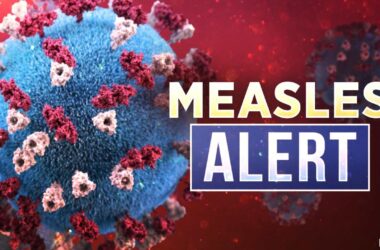
UK–(ENEWSPF)–06 September 2013. Female red junglefowl, the wild ancestor of the domestic chicken, may be able to optimise the immunity of their offspring by selecting sperm after mating with different males.
That’s the conclusion from a study led by Oxford University researchers published in this week’s PNAS.
‘In natural populations, males can coerce females and selecting sperm after mating with multiple males is a safer way to control offspring paternity for a hen,’ explains Dr Tom Pizzari of Oxford University’s Department of Zoology, one of the research team.
Whilst previous work has demonstrated that hens are able to select against the sperm of related males after mating, quite what triggers this response is a mystery.
The team focused their efforts on the Major Histocompatibility Complex (MHC), a gene complex that plays a key role in immune responses. ‘Similarity at the MHC between two individuals is often a good proxy for their overall relatedness,’ Tom tells me.
In the study the team looked for evidence of sperm selection after both natural matings and artificial insemination. Whilst there was strong evidence for sperm selection in the natural matings, evidence of this occurring with artificial insemination was much weaker.
‘During natural mating hens appear to be able to assess their relatedness and genetic similarity with prospective partners,’ comments Tom. ‘One possibility is that the genetic profile of an individual at the MHC may be associated with olfactory cues, but the extent to which olfactory cues mediate kin recognition in birds remains unclear.’
The team’s results suggest that hens may preferentially retain the sperm of males with a MHC different from their own. This could mean that rather than selecting sperm merely to avoid the risk of inbreeding, hens may select sperm in order to optimise the MHC diversity of their offspring, which translates into better immunity against a wider range of pathogens.
The findings are not just relevant to junglefowl or chickens:
‘Mechanisms of female sperm selection are widespread, yet their functional significance has remained elusive,’ Tom tells me. ‘The results of our study suggest that some of these mechanisms may have evolved to allow females to optimise the genetic diversity of their offspring after mating with multiple males. These results may therefore have relevance for breeding programmes in animal productions and conservation biology.’
Image: red junglefowl. Photo: Dom Cram
Source: ox.ac.uk








